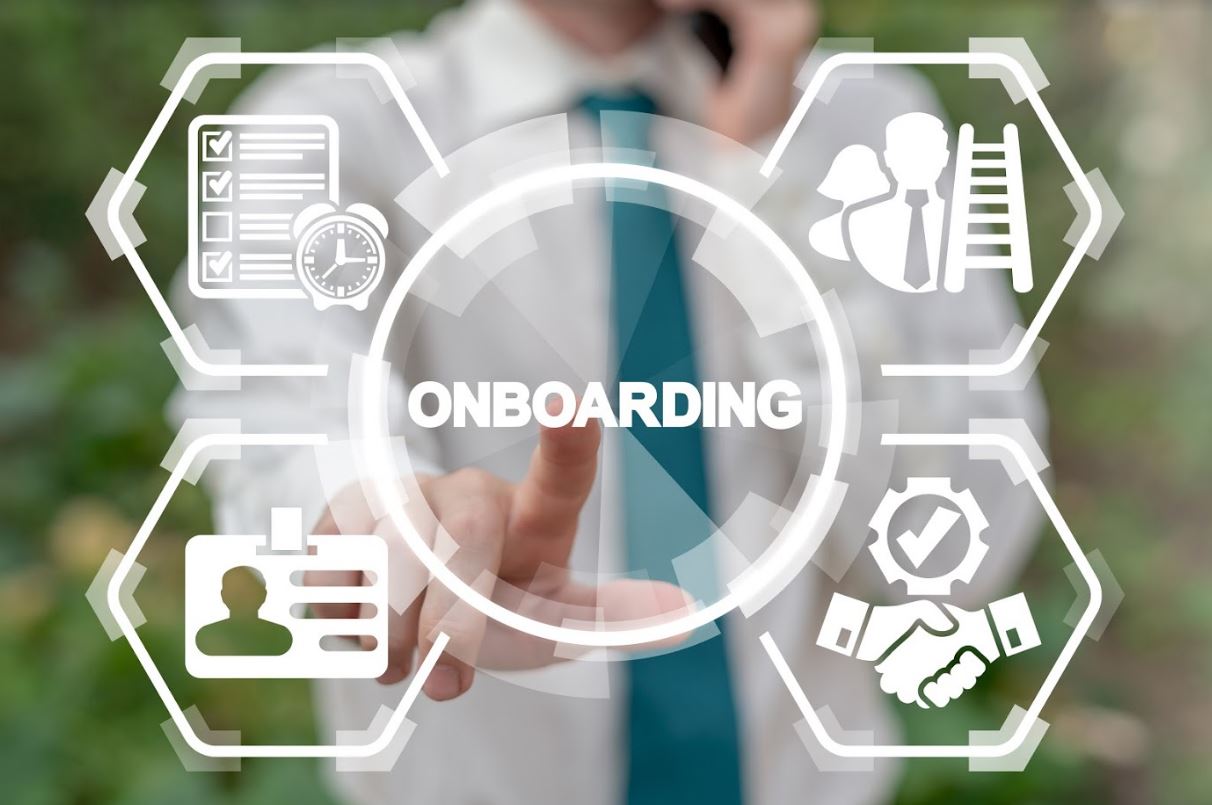
Welcome aboard, to an exciting journey of employee success! The onboarding process sets the foundation for an employee’s long-term engagement and productivity within a company. In this dynamic business landscape, where talent is the driving force, effective onboarding can make all the difference. One of the key ingredients for a successful onboarding process is providing comprehensive training opportunities. In this blog post, we will explore the top types of training to consider during the onboarding process, empowering your new hires with the knowledge and skills they need to thrive.
-
Orientation and Company Culture Training: Navigating the Path to Belonging
The first days at a new job can be overwhelming for any employee. An orientation program combined with company culture training can help ease the transition and foster a sense of belonging. During orientation, new hires should be introduced to the company’s mission, vision, and values, along with the overall organizational structure. Incorporating interactive activities and team-building exercises can help new employees start building relationships with their colleagues from day one.
-
Job-Specific Skills Training: Empowering Expertise
Every role demands specific skills and competencies. Providing job-specific skills training enables new employees to excel in their responsibilities and achieve proficiency quickly. Whether it’s technical expertise, sales techniques, customer service, or project management, tailoring the training to each position ensures that your employees have the tools they need to succeed in their roles.
-
Soft Skills Development: The Power of Emotional Intelligence
While technical skills are vital, soft skills play an equally significant role in fostering a collaborative and cohesive work environment. Soft skills such as communication, teamwork, adaptability, and emotional intelligence can have a profound impact on team dynamics and overall productivity. Implementing interactive workshops, role-playing scenarios, and coaching sessions can effectively nurture these essential interpersonal skills.
-
Diversity, Equity, and Inclusion (DEI) Training: Fostering an Inclusive Workplace
Diversity is a driving force for innovation, and fostering an inclusive workplace is essential for a thriving business. DEI training during onboarding promotes awareness, empathy, and understanding of different perspectives, creating a culture that celebrates differences and ensures equal opportunities for all. Encouraging open dialogue and providing resources to address unconscious biases are crucial steps in building a diverse and inclusive workforce.
-
Cybersecurity Training: Safeguarding Data in the Digital Era
In the digital age, cybersecurity is a pressing concern for every organization. Ensuring that your employees are well-versed in cybersecurity best practices is paramount to safeguarding sensitive data and preventing potential security breaches. Cybersecurity training should cover topics such as recognizing phishing attempts, using strong passwords, and following secure data handling procedures.
-
Leadership Development: Nurturing Future Leaders
Investing in leadership development during the onboarding process sets the stage for building a strong leadership pipeline within your organization. Identify potential leaders early on and provide them with training and mentoring opportunities to hone their leadership skills. Leadership development can include workshops on decision-making, conflict resolution, strategic thinking, and effective communication.
-
Professional Growth and Continuous Learning: Building Lifelong Learners
Encourage a culture of continuous learning by offering opportunities for professional growth and development. Provide access to online courses, workshops, webinars, and industry conferences to empower employees to stay updated with the latest trends and technologies in their respective fields. When employees feel supported in their growth journey, they are more likely to remain engaged and loyal to your organization.
-
Sexual Harassment Training: Fostering a Safe and Respectful Workplace
Creating a safe and respectful work environment is not just a moral obligation, but also a legal requirement for employers. Sexual harassment training is a crucial component of the onboarding process to ensure all employees understand the importance of maintaining a workplace free from harassment and discrimination. This training is vital to communicate your company’s commitment to fostering a culture of respect and zero tolerance for any form of harassment. Fortunately, there are resources like this unique anti harassment training course for 2023 that can ensure you’re providing the most relevant information to your growing team.
Incorporating the right types of training during the onboarding process is a transformative investment in your employees’ success and your organization’s growth. By providing a comprehensive onboarding experience, which includes orientation, job-specific skills, soft skills, DEI training, cybersecurity awareness, leadership development, and a focus on continuous learning, you can empower your new hires to become valuable assets to your company. A well-equipped and nurtured workforce will drive innovation, boost productivity, and ensure long-term success in the ever-evolving business landscape. So, embrace the power of training and unlock the potential of your employees from day one!
You may be interested in: 5 Ways to Improve Your Recruitment and Onboarding Processes
